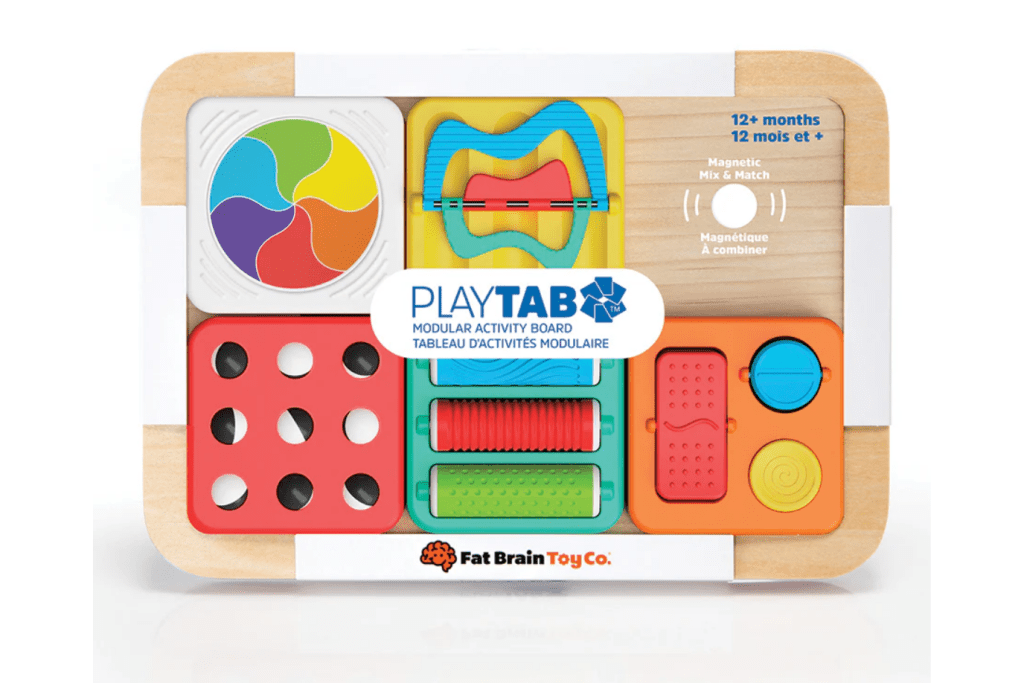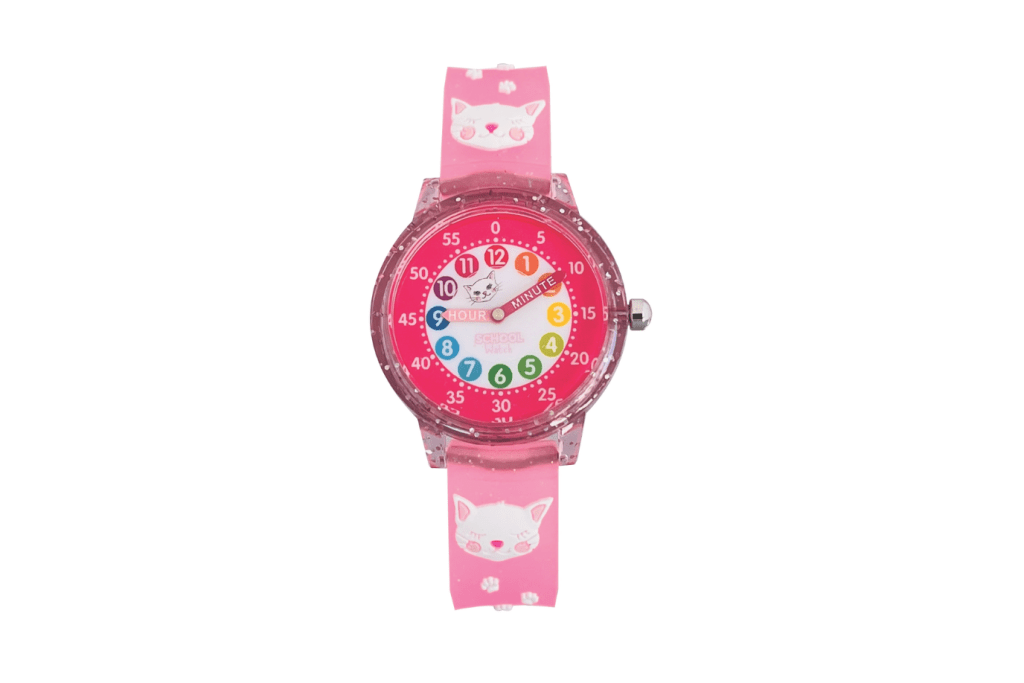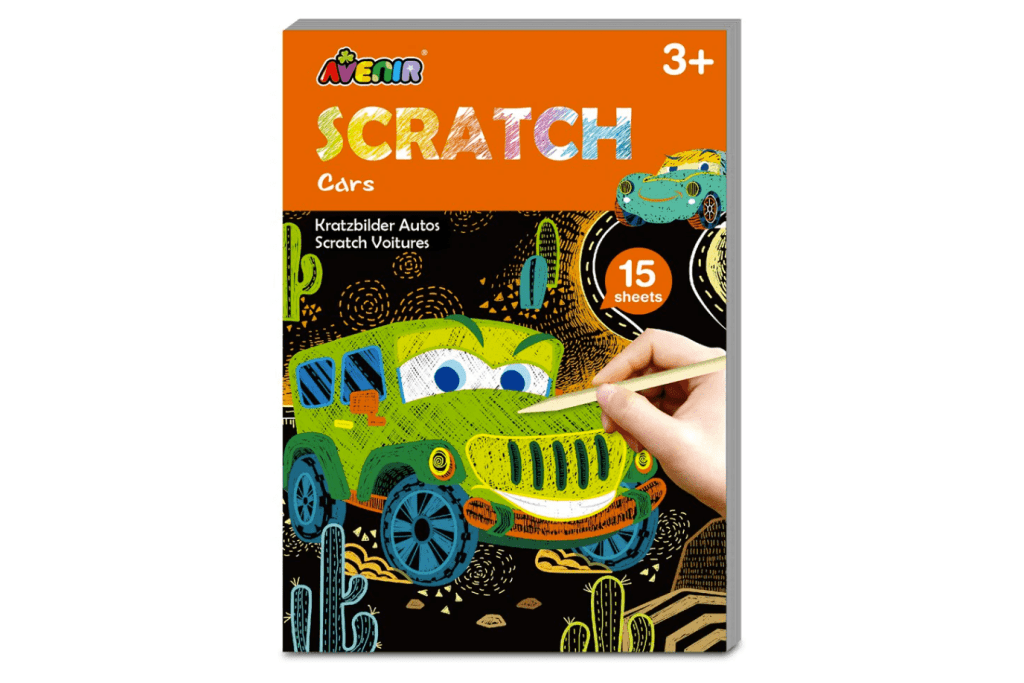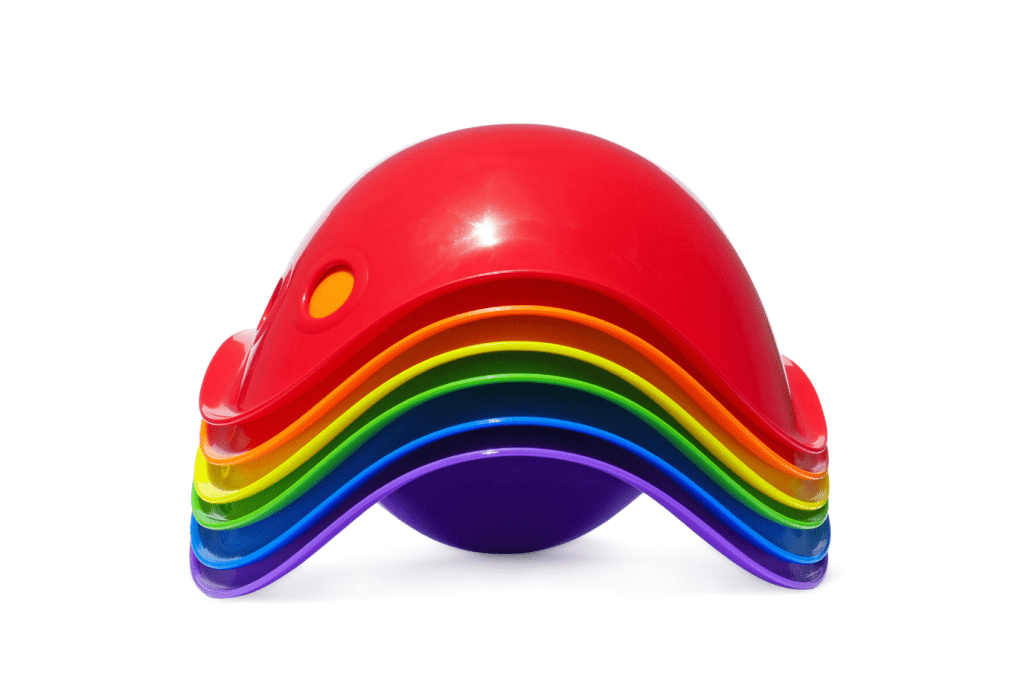Menu
-
-
Easter Basket Gifts
-
Shop Gifts By Age
- Gifts For a 0-6 Month Old
- Gifts For A 6-12 Month Old
- Gifts For A One Year Old
- Gifts For A Two Year Old
- Gifts For A Three Year Old
- Gifts For A Four Year Old
- Gifts For A Five Year Old
- Gifts For A Six Year Old
- Gifts For A Seven Year Old
- Gifts For An Eight Year Old
- Gifts For A Nine Year Old
- Gifts For A Ten Year Old
-
Shop Gifts By Budget
- New Arrivals
-
Toys
- Large Active Toys
- Animal Toys
- Arts & Crafts
- Award-Winning Toys
- Bath Toys
- Birthday Wishlists
- Building Toys
- Cars, Trains, & Trucks
- Games
- Instruments
- Loose Parts Play
- Loot Bag Toys
- Made in Canada
- Outdoor Toys
- Pretend Play
- Puzzles
- Sensory And Fidget Toys
- Sensory Bin Tools & Fillers
- STEM Toys & Activities
- Toronto-Themed Gifts
- Travel Toys
- Wooden Toys
- Waiting Room Toys & Furniture
-
Montessori Materials
- Montessori At-Home Program
-
Montessori Furniture
-
Bundles & Sales
-
Books
-
Shop By Age
-
Shop By Brand
-
Brands A-F
- 3 Sprouts
- 4M
- Ark Therapeutic
- Avenir
- B. Toys
- Bamboo Switch
- Beleduc
- Bob Books
- Brio
- bug + bean
- Carpets for Kids
- Cherrypick
- Children's Factory
- CJECOPLAY
- Clixo
- Connetix Tiles
- Crayola
- Creativity For Kids
- Crocodile Creek
- DJECO
- Educare
- Educational Insights
- Educo
- eeBoo
- Erzi
- ezpz
- Fat Brain Toys
- Fidget Company
- Foundations
- Brands G-L
- Brands M-R
- Brands S-Z
-
Brands A-F
-
- 866-901-4696
- Gift Registry
- Login

8 Tips to Make School or Daycare Drop Off Easier - From a Teacher!
3 min read

Drop off, especially at first, can be a hard transition for everyone - the children, parents, and teachers!
Katie, an RECE and Montessori Toddler teacher, has 10+ years of experience starting a new school year and has welcomed many new children into her classroom.
Here are her 8 tips to make drop off easier:
1. Create a Predictable Drop Off Routine
It’s helpful to create a drop off routine with your child. This appeals to their need for order and creates predictability.
For example, you could tell them in advance, “I’m going to give you a BIG bear hug and 5 kisses at the door and you’re going to go inside with your teacher. I’ll be back to pick you up when school is finished.” Make it special and just for drop off.
Once you say goodbye, walk away and let the teachers take over. If they are experienced teachers, they’ve handled these types of new transitions countless times and know what to do.

2. Your Energy is Important
Your energy is important because your child will pick up on how you’re feeling. Ideally you're feeling confident, calm, and optimistic.
Even if you're feeling a little sad, it's best to keep your energy calm until your child is in the classroom. It's wonderful to share your emotions with your child but expressing them right at the classroom door will likely make the day harder for your child.
3. Talk About It
Young children often understand more than we give them credit for. On the way to drop off, you can talk to your child about school and what to expect.
Follow their lead and avoid pushing the topic but you can talk about the different fun parts about school, i.e. there are so many fun toys to play with, nice children to play with, a friendly teacher, new books and songs, etc.
4. Give Them Something to Look Forward To After School
Young children don’t really have a concept of time so part of your drop off routine may be giving them something to look forward to, like “We can go to the park after school” or “I’ll bring your bike when I pick you up and we can go for a bike ride.”
These types of comments are also helpful for the teacher to hear because they can create dialogue around it and remind the child throughout the day “Daddy said you’re going to the park after school, what do you like to do at the park?”
5. Don't Sneak Away
This is difficult for the child because they will eventually realize you’re no longer there and it’s very upsetting for them. ALWAYS say goodbye.
6. Don't Visit
Try to avoid walking by the school throughout the day. Seeing you may confuse or upset them when they realize that you're not there to pick them up.
7. Validate Feelings
If your child is sad or having difficult feelings at drop off, it can help to validate those feelings - “I can see that you’re sad. I love you so much and I’ll see you after school."
8. Avoid Bribery
Try to avoid bribery unless you’re prepared to “reward” them every day. It can become an expectation and add another hurdle to drop off once you've removed the reward.
If Your Child is Still Struggling With Drop Off
If you or your child is still struggling with drop off, Katie made a few more notes here: https://themontessoriroom.com/blogs/montessori-tips/what-to-do-if-your-child-is-struggling-with-school-or-daycare-drop-off
While a new school or daycare can be a difficult adjustment for some children, rest assured they will eventually settle it.
It can help to talk to the teachers about how you're feeling because they might have more tips based on your child.
Join Our Montessori Community
Sign up to get weekly activities, free printables, Montessori parenting guidance, and so much more.
Plus, get $10 off your first order of $100+.
Like this article? Get new articles, weekly activities, free printables, Montessori parenting guidance, and so much more.
One mom recently shared:
"Your newsletter is always SO great. It is one of the few I open and read weekly. You provide so much value. Thank you!"









![Kidamento Kidamento Children's Cameras [3 Models]](http://themontessoriroom.com/cdn/shop/products/kidamento-childrens-cameras-3-models-661353_1600x.png?v=1699075281)
